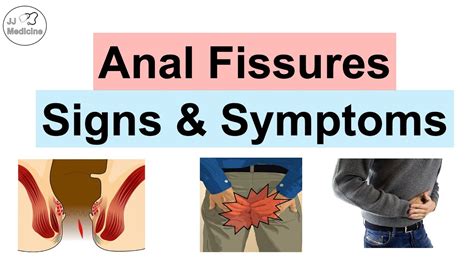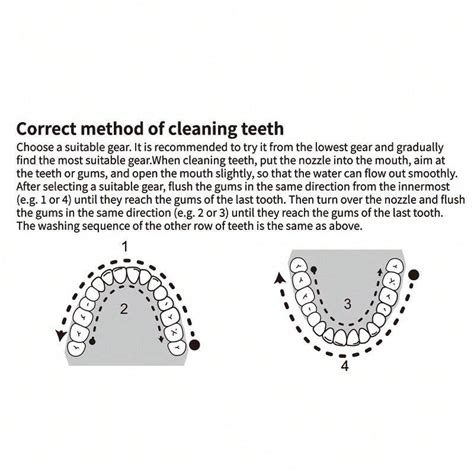Intro
Manage anal fissure symptoms with 7 expert tips on self-care, including pain relief, wound healing, and preventive measures for anal health, fissure treatment, and overall wellbeing.
Anal fissures are small tears in the lining of the anus, which can cause pain, bleeding, and discomfort during and after bowel movements. While medical treatment is often necessary to promote healing, self-care plays a significant role in managing symptoms and preventing future occurrences. Understanding the importance of self-care in managing anal fissures is crucial for individuals suffering from this condition. By adopting a few simple strategies, individuals can significantly reduce their discomfort and improve their quality of life. The first step towards effective self-care for anal fissures is recognizing the condition's impact on daily life and the need for a comprehensive approach to manage it.
The prevalence of anal fissures and their potential to disrupt daily activities underscore the need for informed self-care practices. Individuals with anal fissures often experience anxiety about bowel movements, fearing the pain that may follow. This anxiety can lead to avoidance of bowel movements, which in turn can exacerbate the condition by causing constipation and harder stools that are more painful to pass. Breaking this cycle requires a proactive approach to self-care, including dietary changes, lifestyle modifications, and local treatments to alleviate symptoms and facilitate healing.
Effective management of anal fissures involves a combination of medical treatments and self-care strategies. Medical treatments may include topical creams or ointments to relax the anal sphincter, promote blood flow, and reduce pain. However, self-care is equally important as it empowers individuals to take control of their condition, reducing reliance on medical interventions and promoting long-term healing and prevention. Self-care for anal fissures encompasses a range of practices from dietary adjustments to improve stool consistency, to local care techniques that reduce discomfort and promote healing.
Understanding Anal Fissures

Causes and Risk Factors
Several factors increase the risk of developing anal fissures, including constipation, diarrhea, inflammation of the anal canal, and poor bowel habits. Understanding these risk factors can help individuals tailor their self-care strategies to prevent future occurrences. For instance, addressing constipation through dietary changes and ensuring regular bowel movements can significantly reduce the risk of developing anal fissures.Dietary Changes for Prevention

Importance of Hydration
Adequate hydration is vital for softening stools and facilitating smooth bowel movements. Individuals should aim to drink at least eight glasses of water per day, adjusting according to activity level and climate. Hydration, combined with a high-fiber diet, can significantly reduce the risk of constipation and subsequent anal fissure development.Lifestyle Modifications

Role of Exercise
Regular physical activity not only improves overall health but also plays a significant role in maintaining healthy bowel movements. Exercise can help stimulate the bowels, reducing the likelihood of constipation and the subsequent risk of anal fissures. Activities such as walking, jogging, and cycling are beneficial for digestive health and can be easily incorporated into daily routines.Local Care and Treatment

Use of Topical Treatments
Topical treatments can provide significant relief from the symptoms of anal fissures. These treatments work by relaxing the muscles in the anal sphincter, reducing spasms, and improving blood flow to the area to promote healing. However, their use should be guided by a healthcare provider to ensure safety and effectiveness.Stress Management

Benefits of Relaxation Techniques
Relaxation techniques offer numerous benefits for individuals with anal fissures, from reducing pain and discomfort to promoting overall well-being. By incorporating these techniques into daily routines, individuals can better manage their condition and improve their quality of life.Seeking Medical Help

Importance of Early Intervention
Early intervention is key to effectively managing anal fissures. Seeking medical help at the onset of symptoms can prevent complications and reduce the risk of chronic fissures. Healthcare providers can offer personalized advice and treatment options, ensuring the best possible outcomes for individuals with anal fissures.Conclusion and Next Steps

We invite readers to share their experiences and tips for managing anal fissures in the comments below. Your insights can help others who are navigating similar challenges. If you found this article helpful, please consider sharing it with others who might benefit from this information. Together, we can promote awareness and support for individuals dealing with anal fissures, fostering a community that prioritizes health, wellness, and open discussion about sensitive topics.
What are the most common symptoms of anal fissures?
+The most common symptoms of anal fissures include severe pain during and after bowel movements, bleeding, and a visible tear in the anus. Individuals may also experience itching, burning, and discomfort in the anal area.
How can I prevent anal fissures?
+Prevention of anal fissures involves maintaining a high-fiber diet to prevent constipation, staying hydrated, practicing good bowel habits, avoiding straining during bowel movements, and managing stress. Regular exercise can also help stimulate bowel movements and improve overall digestive health.
When should I seek medical help for an anal fissure?
+Individuals should seek medical help if their symptoms persist or worsen over time, if they experience significant bleeding, or if they notice signs of infection such as increased redness, swelling, or pus. Early intervention can prevent complications and reduce the risk of chronic fissures.
